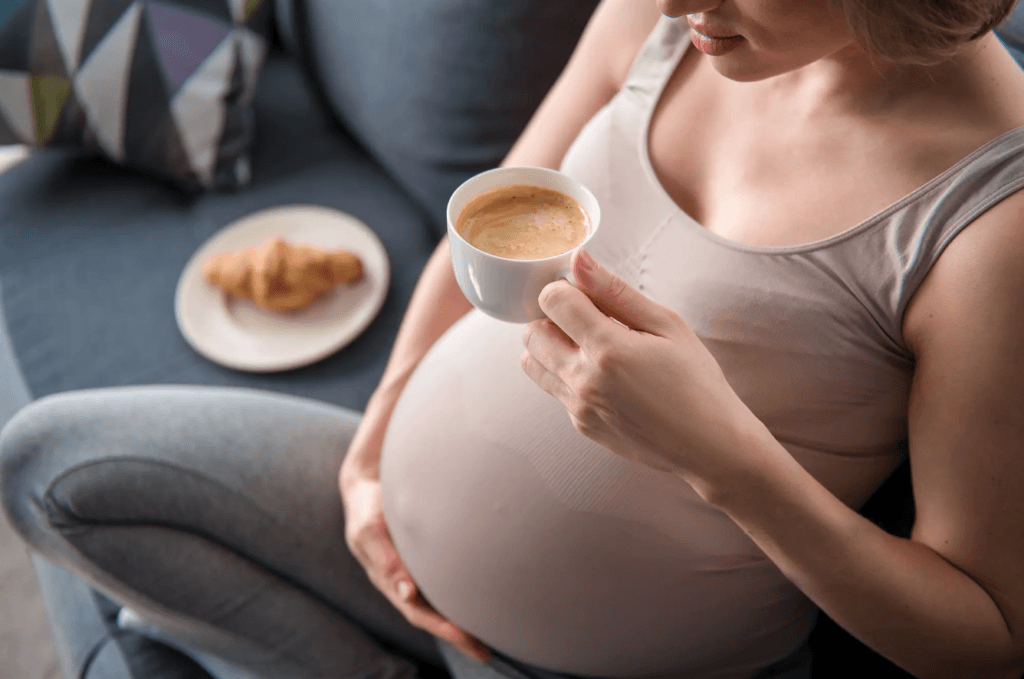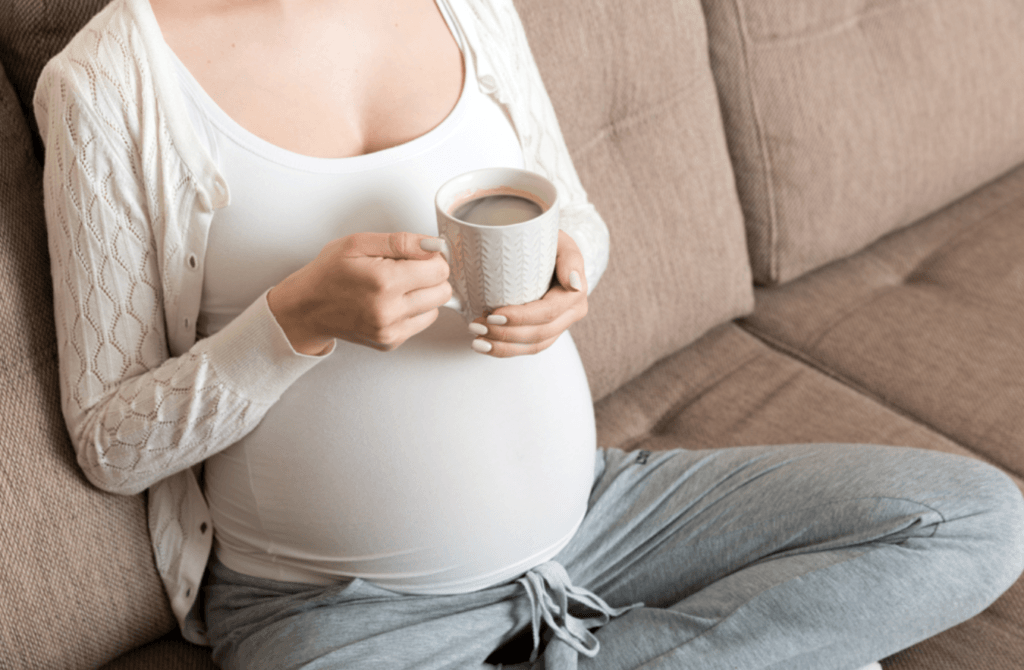Coffee during Pregnancy
Because of the significant modifications that occur during pregnancy, it is essential to carefully assess what you put in your body. One of the numerous inquiries that come up concerns the consumption of coffee. Coffee’s alluring aroma and jolt of caffeine can be appealing, but how does it balance with the health of the expectant mother and the growing baby?
In this article, we explore the subtleties of coffee use during pregnancy, addressing issues, providing recommendations, and illuminating potential effects. Come along with us as we balance enjoying your favorite beverage and promoting a healthy pregnancy journey. Keep in mind that the path to motherhood is as unique as it is amazing, and the decisions you make along the road are an expression of who you are.
How Much is Safe During Pregnancy?

Check with your doctor before consuming caffeine if you’re expecting it. Usually, having one or two cups of coffee is acceptable, but it’s recommended to limit your intake to that. The precise amount of caffeine in a cup of coffee is difficult to determine. The total can vary depending on factors such as the coffee’s brand, preparation method, and cup size.
According to research, consuming more than 200 milligrams of caffeine per day while pregnant may not be beneficial. This is around the equivalent of two 6-ounce or 12-ounce cups of coffee. Caffeine consumption has been associated with a higher risk of miscarriage, low birth weight, and perhaps other pregnancy issues. Your heart rate, blood pressure, and urine production are all somewhat elevated by caffeine. You can have jitteriness from caffeine, indigestion, or difficulties falling asleep.
Because your body may take longer to eliminate caffeine from your system when you are pregnant than it would if you weren’t you might be extra sensitive to it. You can have nausea or light-headedness as a result. Caffeine affects your unborn child when you consume it while pregnant because it crosses the placenta. Through the umbilical cord, the placenta, which develops in your uterus (womb), provides nourishment and oxygen to the unborn child.
How Can I Reduce My Caffeine Intake?
Finding it difficult to stop drinking coffee all at once? Here’s how to get started quickly: Pay attention to the cup size when drinking coffee and limit yourself to 1 or 2 cups each day.
Start blending ordinary coffee and decaffeinated coffee.
Cut out regular coffee entirely over time. Also, keep in mind that caffeine isn’t just found in coffee. Caffeine can be found in green and black tea, cola, energy drinks, and other soft drinks. Consider switching to decaffeinated items or caffeine-free substitutes, which may still contain caffeine but in considerably lower doses.
The good news is that you can have chocolate in moderation even though it contains caffeine. The typical chocolate bar only contains 5 to 30 milligrams.

What foods and beverages contain caffeine?
There is caffeine in Coffee and items with coffee flavouring, such as yogurt and ice cream
Tea
- certain soft drinks
- energy beverages
- Chocolate and related items, such as hot cocoa and chocolate syrup
- a few medications
The caffeine content in meals and beverages varies greatly. The amount of caffeine in coffee and tea depends on:
The company how it is made which beans or leaves are utilized the method of serving it (for instance, as an espresso or latte) the cup’s dimensions. Even though you conceive of coffee cups as being the same size, they are not all the same size. When purchasing a cup of coffee or tea, especially, check to see how many ounces it contains.
How much caffeine is safe for drinking while nursing and pregnant?
The maximum daily intake of caffeine that is advised during pregnancy and breast-feeding is 200mg. The chance of difficulties during pregnancy, such as miscarriage, stillbirth, low birth weight, and/or having a baby that is small for gestational age, may rise if you consume too much caffeine. Some pregnant women say that they become more sensitive to caffeine and that even tiny doses make them feel restless and uneasy.

Furthermore, caffeine can interfere with sleep, resulting in pregnancy insomnia, and it may exacerbate morning sickness. Urination regularly (the need to urinate more frequently) and bladder discomfort are additional negative effects. Some women claim that they dislike the smell of caffeine during this time, which makes it simpler for them to reduce their intake or stop using it altogether.
What are some caffeine alternatives?
When you stop drinking coffee or tea after being accustomed to doing so, you could experience withdrawal symptoms. Headaches, irritation, fatigue, and an “on-edge” feeling are a few examples of this. Remember that these signs and symptoms are only passing, lasting up to a week, and they will pass.
Coffee and tea can be swapped out for simple water with lemon or lime slices is fine, but keep in mind that acid can damage dental enamel and cause cavities. After consuming acidic beverages, you should rinse your mouth with simple water. Plain fruit juice or fruit juice mixed with water or soda water to make it less sweet herbal teas — make sure the teas are caffeine-freea glass of unsweetened milk

